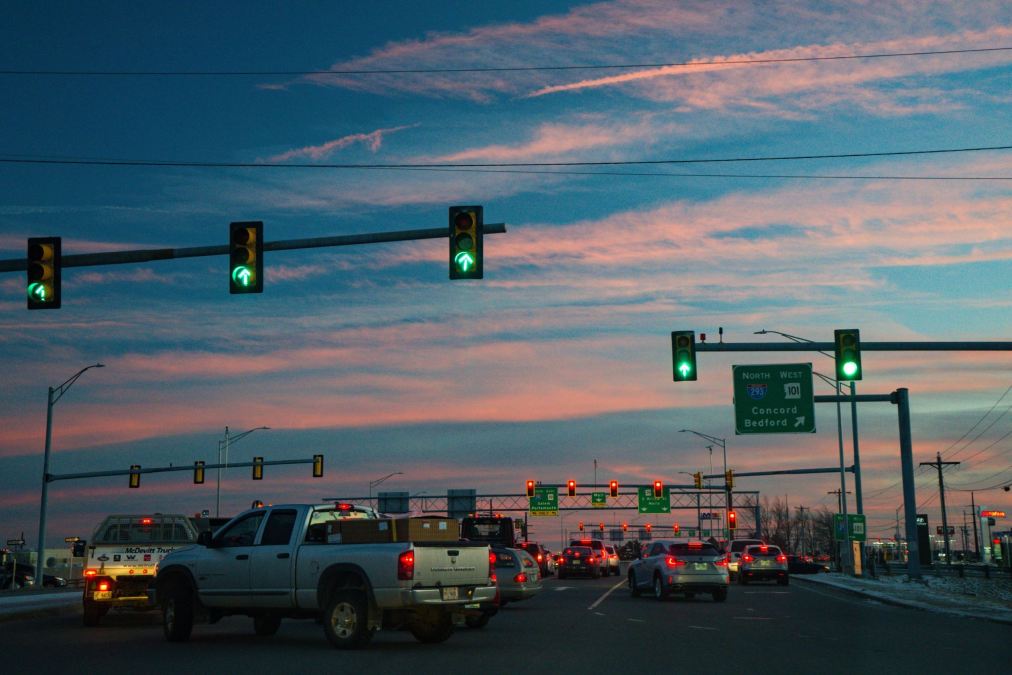Poorly timed traffic signals are an even bigger time waster than previously thought, report finds

A recent study of roughly two-thirds of the country’s traffic signals revealed that Americans spend about 17.25 million hours waiting for poorly timed signals every day.
The study, published this month by the transportation data company Inrix, tracked the movements of thousands of connected vehicles every five seconds as they moved through roughly 210,000 intersections nationwide. Researchers found that nearly 7% of any car ride was spent waiting at traffic crossings and intersections.
Researchers also tracked certain regions, including Los Angeles County, which topped the study with a total of more than one million daily delay hours, and Brooklyn, New York, which averaged the longest delay per vehicle at 23.5 seconds.
The report concluded that poor signal timing was responsible for roughly 10% of total traffic delay time, double the figure commonly cited by a 2004 report from the Federal Highway Administration.
“Emerging research is concluding that this number is likely much higher, with findings from two states estimating roughly 25% of total delay attributed to signals,” Inrix’s report said. “Our direct measurements of individual vehicles interacting with individual intersections is consistent with this emerging research.”
Regardless of the exact percentage, cities have taken action over the past several years to reduce congestion on their roadways, to reduce emissions and improve quality-of-life for commuting residents.
The FHWA recently funded 10 regional programs, with participation from state and local government and universities, to pilot new technologies built around planning more efficient traffic systems. Inrix itself signed deals last year with several states, including Louisiana, Oregon and Tennessee, to collect more data about traffic congestion.




